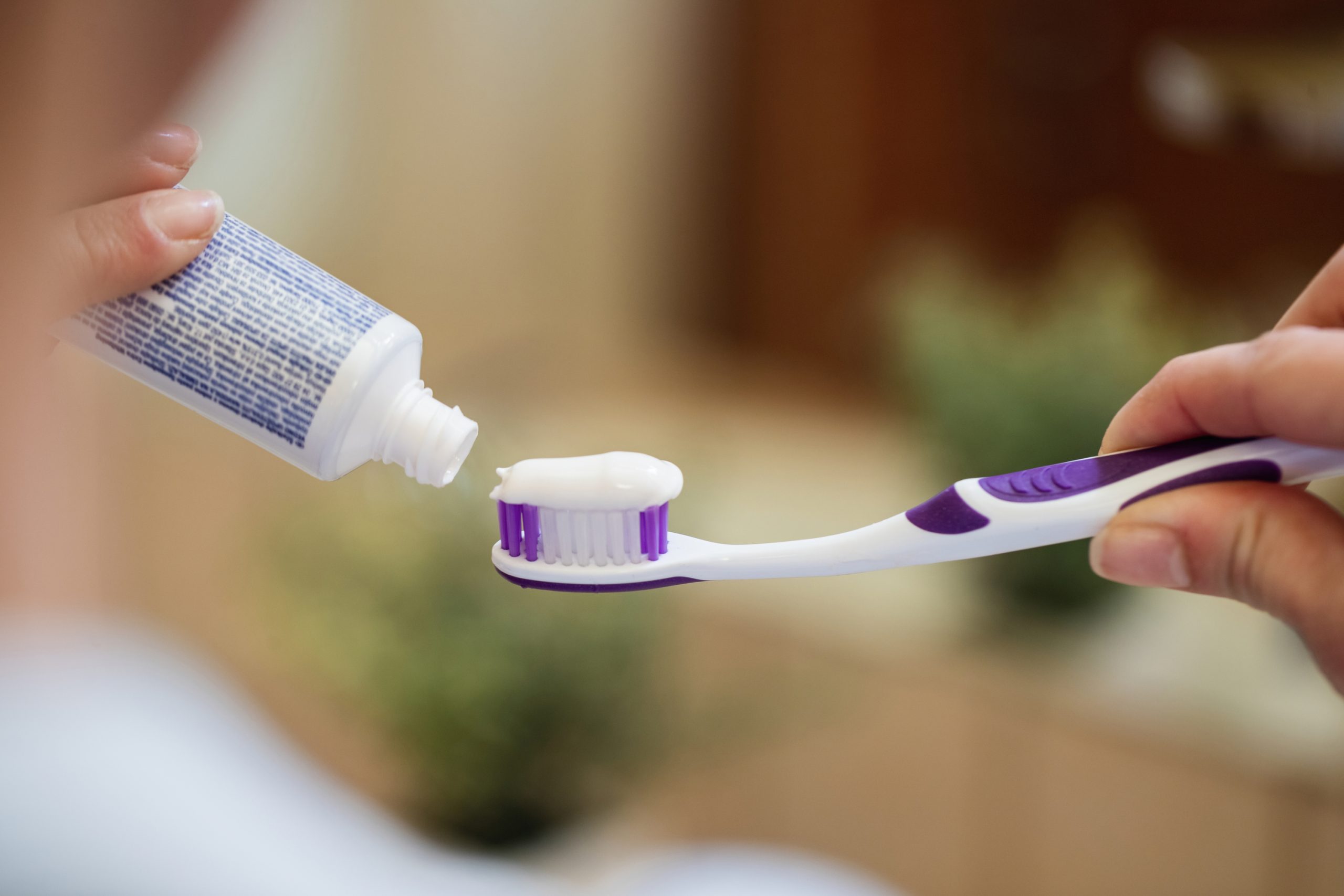

Brushing twice a day keeps the dentist away—but can we enhance the toothpaste we use to keep our teeth clean, preventing medical problems that stem from poor dental health? Fluoride, a potent tool for oral hygiene, is used in the majority of toothpastes. However, fluoride can cause health concerns in some situations, particularly for children who consume too much fluoride by swallowing most of their toothpaste: to avoid these difficulties, children typically use only a modest dosage of toothpaste, although this diminishes toothbrushing efficacy.
In their search for alternatives, a group of international scientists and Polish medics discovered a hydroxyapatite toothpaste that protects against cavities just as well as fluoride toothpaste.
“Hydroxyapatite is a safe and effective alternative to fluoride in caries prevention for daily use,” said Professor Elzbieta Paszynska of the Poznan University of Medical Sciences, co-principal investigator and corresponding author of the study published in Frontiers in Public Health.
Dentistry with minimally invasive procedures
Hydroxyapatite is a calcium phosphate mineral that can be found in the human skeleton. It is recognized to be extremely safe for human ingestion and has previously been found to aid in the treatment of oral disorders such as periodontitis. It can both limit demineralization of teeth, which is a precursor to cavities, and aid to remineralization, which strengthens damaged tooth surfaces.
“Currently, in dental care, the aim is to use ‘minimally invasive dentistry’ as often as possible,” explained Paszynska. “This means trying to preserve as much tooth tissue as possible, including those altered by initial caries that still show the ability to remineralize. The use of remineralization compounds is a boon, as it may limit the need for invasive treatment of carious lesions with a drill.”
The professionals recruited 189 adults aged 18-45 to participate in an 18-month double blind randomized clinical trial to investigate if it would treat patients without specific dental issues. They hoped to see all individuals through the research without seeing an increase in cavities.
The trial had 171 participants who were evenly divided between the hydroxyapatite toothpaste group and the fluoridated toothpaste control group. All patients had at least ten healthy teeth, were willing to use an electric toothbrush, and had no pre-existing tooth problems that needed to be addressed.
Patients were given electric toothbrushes and replacement heads, as well as neutrally packaged toothpaste that might have included either hydroxyapatite or fluoride toothpaste. Patients and examiners had no idea which toothpaste each other was using, and patients used no other oral care items. They were also instructed to clean their teeth twice a day, after meals, for three minutes each time, but they were not instructed to change their diets.
“We did not monitor the diet of each subject as the aim was to test two different toothpastes, not the influence of the diet on the caries progress,” said Paszynska.
Hydroxyapatite is just as effective
Patients returned the clinic every six months for an assessment and a new supply of toothpaste during the experiment. Using a DIAGNOcam gadget, their teeth were visually examined and evaluated for any shadows that could indicate an early-stage cavity. To determine how clean their teeth were, a plaque revealing solution was also applied.
Each stage of the trial was examined for patient consistency, and patient safety was monitored at each appointment to ensure there were no unexpected side effects.
The scientists discovered that over 90% of patients in both groups had no new cavities at the end of the trial. There was no statistically significant difference in efficacy between patients who used hydroxyapatite toothpaste and those who used fluoride toothpaste: both worked equally well.
Previously published clinical trials also show the caries-preventing effect of hydroxyapatite in risk groups such as children and patients undergoing orthodontic therapy,” said Paszynska. “With our new clinical trial, it has been shown that hydroxyapatite prevents dental caries in adults. This is important from a public health perspective.”
more recommended stories
 Red Blood Cells Improve Glucose Tolerance Under Hypoxia
Red Blood Cells Improve Glucose Tolerance Under HypoxiaKey Takeaways for Clinicians Chronic hypoxia.
 Nanoplastics in Brain Tissue and Neurological Risk
Nanoplastics in Brain Tissue and Neurological RiskKey Takeaways for HCPs Nanoplastics are.
 AI Predicts Chronic GVHD Risk After Stem Cell Transplant
AI Predicts Chronic GVHD Risk After Stem Cell TransplantKey Takeaways A new AI-driven tool,.
 Red Meat Consumption Linked to Higher Diabetes Odds
Red Meat Consumption Linked to Higher Diabetes OddsKey Takeaways Higher intake of total,.
 Pediatric Crohn’s Disease Microbial Signature Identified
Pediatric Crohn’s Disease Microbial Signature IdentifiedKey Points at a Glance NYU.
 Nanovaccine Design Boosts Immune Attack on HPV Tumors
Nanovaccine Design Boosts Immune Attack on HPV TumorsKey Highlights Reconfiguring peptide orientation significantly.
 High-Fat Diets Cause Damage to Metabolic Health
High-Fat Diets Cause Damage to Metabolic HealthKey Points Takeaways High-fat and ketogenic.
 Acute Ischemic Stroke: New Evidence for Neuroprotection
Acute Ischemic Stroke: New Evidence for NeuroprotectionKey Highlights A Phase III clinical.
 Statins Rarely Cause Side Effects, Large Trials Show
Statins Rarely Cause Side Effects, Large Trials ShowKey Points at a Glance Large.
 Anxiety Reduction and Emotional Support on Social Media
Anxiety Reduction and Emotional Support on Social MediaKey Summary Anxiety commonly begins in.

Leave a Comment